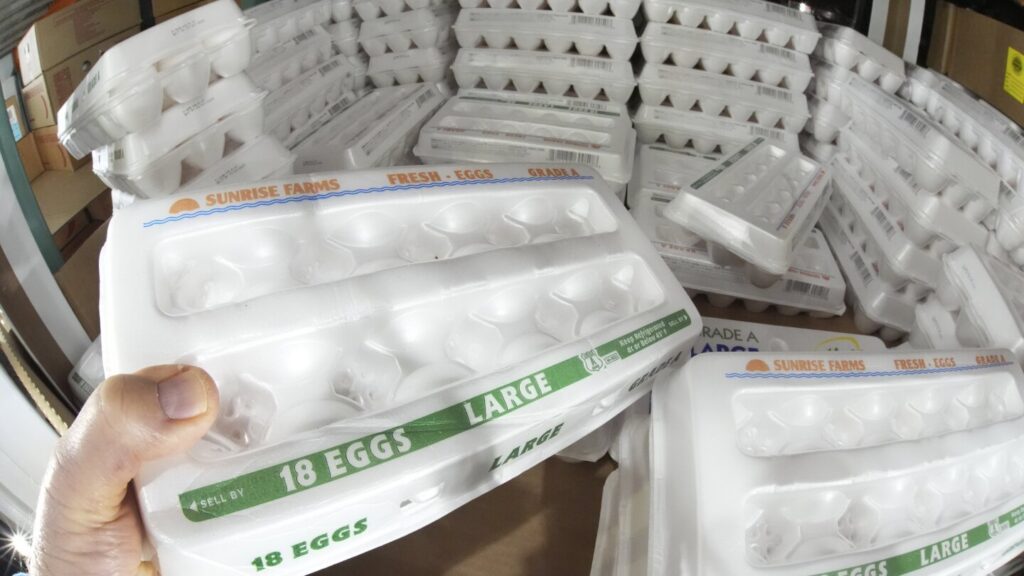
WASHINGTON – Americans’ confidence in the U.S. economy took a significant hit in June, as consumer sentiment continued its downward trend, reaching levels not seen since the early days of the COVID-19 pandemic.
Immediate Impact
The Conference Board reported on Tuesday that its consumer confidence index fell to 93 in June, a decline of 5.4 points from May’s reading of 98.4. This drop surprised economists, who had anticipated a modest increase for the month.
Key Details Emerge
In April, consumer confidence had already dipped to its lowest point since May 2020, largely due to concerns over President Donald Trump’s tariffs. This month, a measure of Americans’ short-term expectations for their income, business conditions, and the job market fell by 4.6 points to 69, well below the recession warning marker of 80.
69 – Current measure of short-term economic expectations, signaling potential recession.
Industry Response
The decline in consumer confidence has raised alarms among economists and industry leaders. Trump’s unpredictable policies, including significant import taxes, have clouded economic and job market forecasts, heightening fears of a potential recession.
By the Numbers
Consumers’ assessment of the current economic situation dropped by 6.4 points to 129.1. Concerns about tariffs and their impact on personal finances remain prevalent among survey respondents.
6.4-point decline in current economic situation assessments.
4.2% – Current U.S. unemployment rate, historically low despite uncertainties.
What Comes Next
Consumers’ fears of a recession in the next 12 months have risen slightly and remain elevated. The three components of the expectations index—business conditions, job prospects, and future income—have all weakened.
Despite the downturn in sentiment, the U.S. labor market continues to add jobs, albeit at a slower pace. The Labor Department recently reported a solid addition of 139,000 jobs in May, even amid tariff uncertainties.
Background Context
Concerns about inflation have slightly decreased in June, yet it remains a significant issue for consumers, who frequently cite higher prices alongside tariffs. A government report earlier this month indicated a rise in consumer prices by 2.4% year-over-year in May, with core prices—excluding volatile food and energy categories—rising 2.8% for the third consecutive month.
Core prices increased by 2.8% for the third straight month, a key inflation indicator.
Expert Analysis
Economists closely monitor core price trends as they generally offer a clearer picture of inflation’s trajectory. According to the Conference Board, references to geopolitics and social unrest have slightly increased among respondents, though they remain lower on the list of concerns compared to economic issues.
Regional Implications
The survey’s deadline was June 18, preceding the U.S.’s targeting of Iranian nuclear sites but following Israel’s bombing of Tehran. These geopolitical tensions could further influence consumer sentiment and economic forecasts in the coming months.
As the U.S. economy navigates these challenges, experts will be closely watching the interplay of tariffs, inflation, and consumer confidence for signs of what lies ahead.




